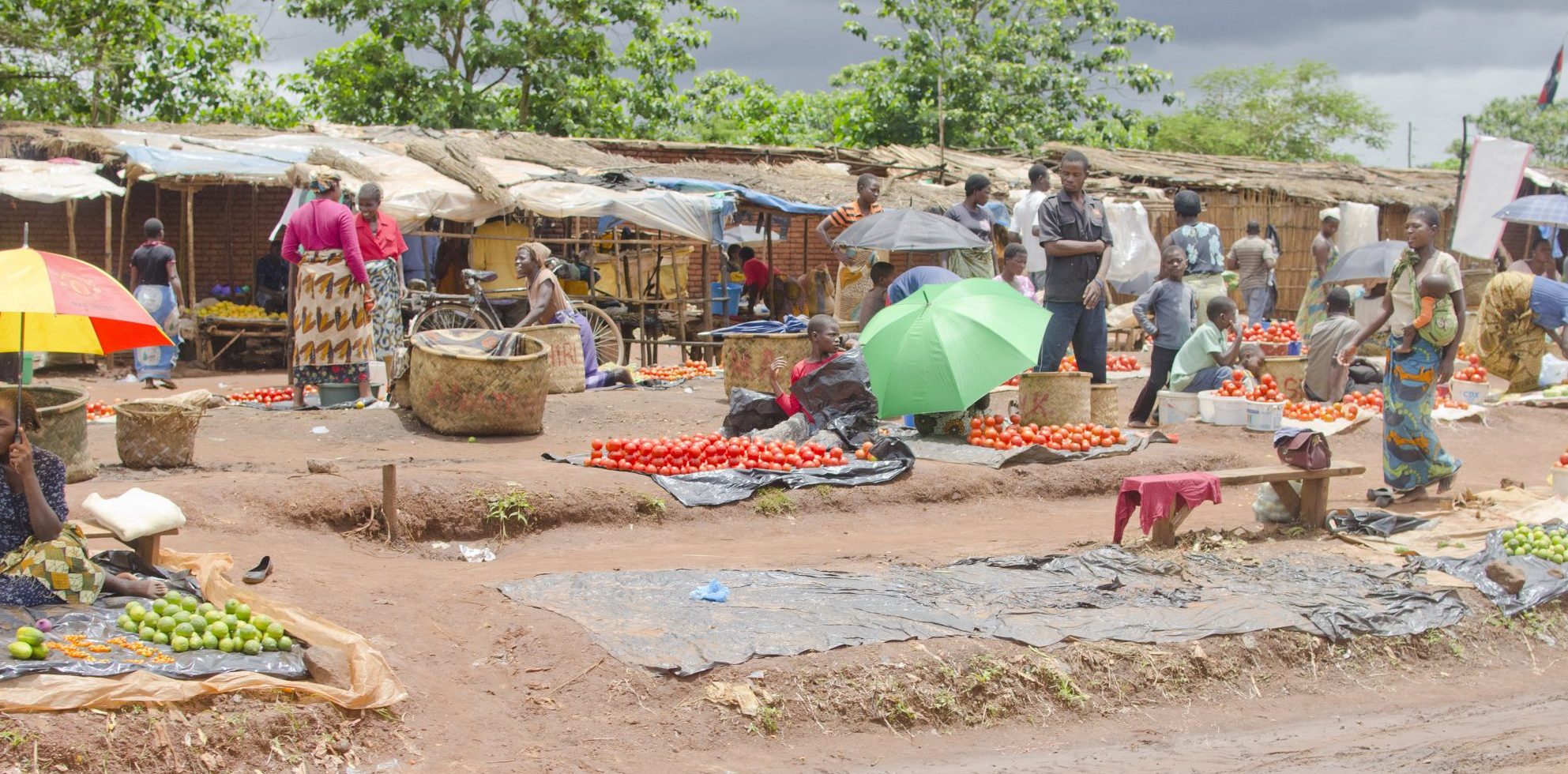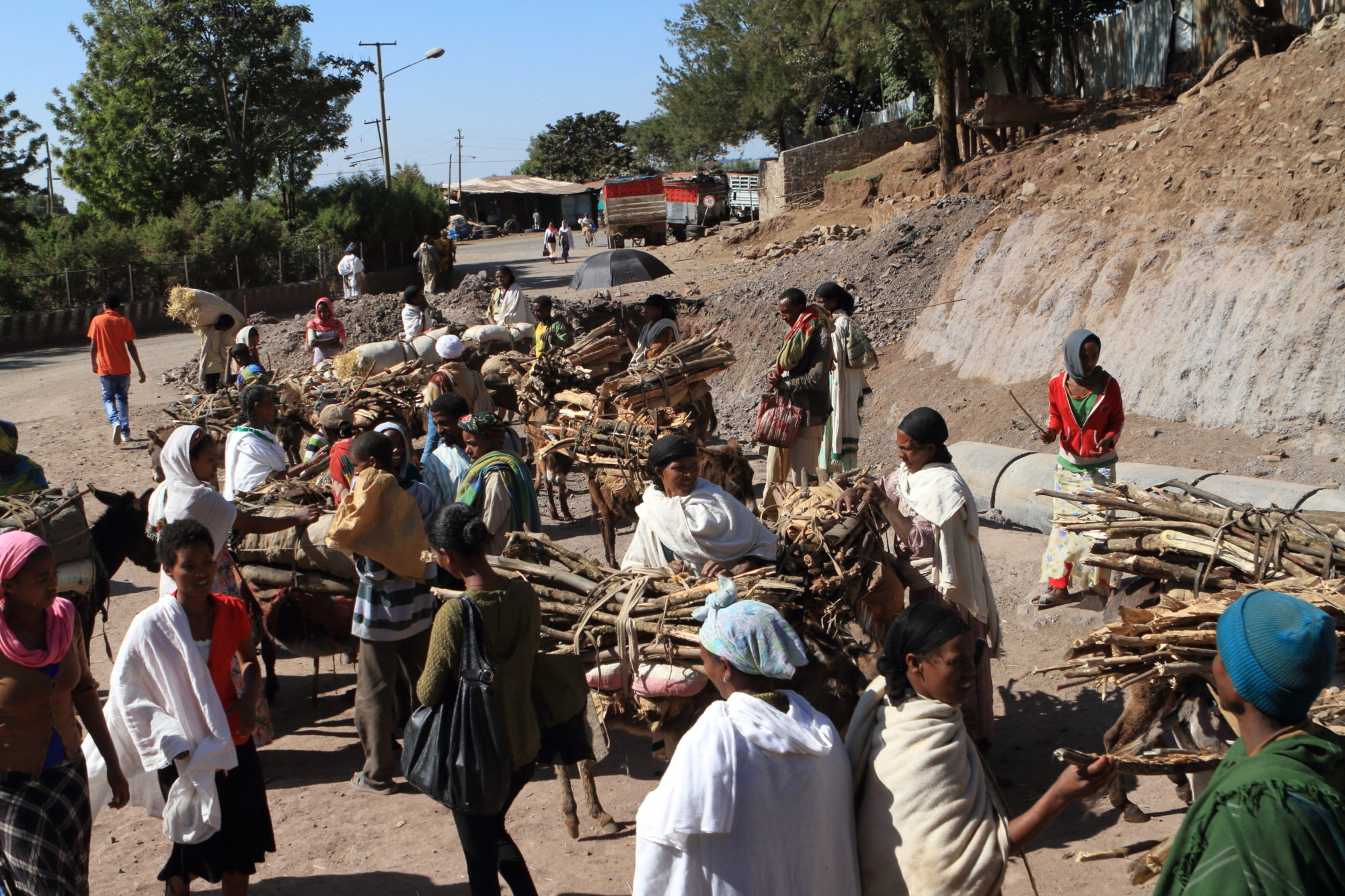
First impressions from a more granular approach to client typology
Decoding the customer – First impressions from a more granular understanding of client typology is the first note to be published from the MAP Global Insights series, and unpacks the target market segmentation approach that is central to programme’s client-centric analytical methodology, providing a clear and concise look at the emerging cross-country customer












